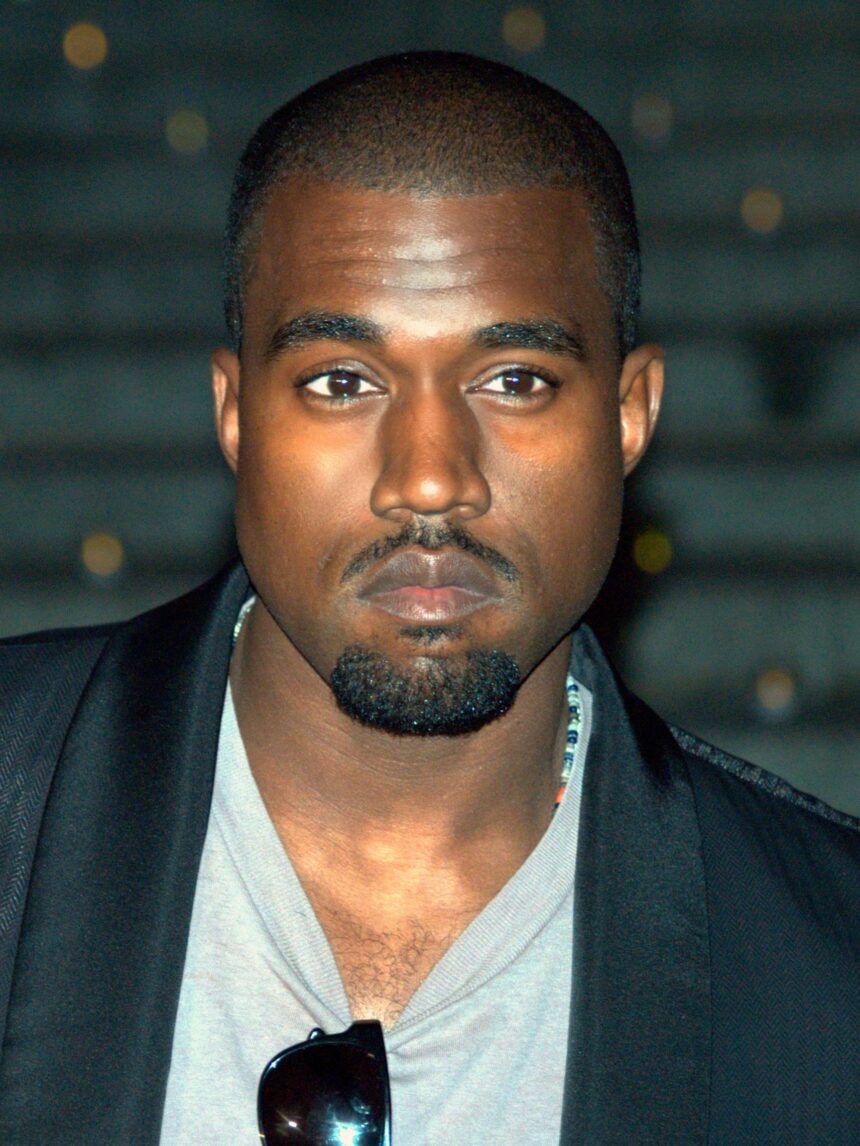Kanye West, now known as Ye, has once again found himself at the center of controversy, but this time, Elon Musk has finally pulled the plug on his X (formerly Twitter) account. After a series of hateful, antisemitic, and offensive posts, West’s presence on the platform has come to an end, sparking a heated debate on free speech, social media responsibility, and the ongoing backlash against the rapper. This article breaks down the latest developments, including what Kanye West posted, why Musk took action, how celebrities and the public reacted, and what this means for social media moderation moving forward.
Kanye West posted a series of deeply offensive and antisemitic messages on X, including an image of a swastika on a T-shirt, which he called his “greatest work of art.” This was not the first time West had made headlines for controversial remarks, but this time, the backlash was swift and overwhelming. West openly declared himself a Nazi, shocking even his most loyal followers. He continued to spread antisemitic conspiracy theories, a pattern that had already damaged his reputation in 2022. He took direct shots at Taylor Swift, claiming that she played a role in the negative portrayal of Black people. This latest meltdown left fans, celebrities, and social media users demanding action.
For months, Elon Musk defended free speech on X, allowing controversial figures like Kanye West back onto the platform after previous bans. However, West’s latest posts crossed a line even Musk couldn’t ignore. Elon Musk has long stated that hate speech and calls for violence would not be tolerated on X. West’s open Nazi endorsement and swastika imagery directly violated X’s policies. Celebrities, activists, and public figures called out Musk, urging him to take a stand. After days of mounting pressure, Musk finally suspended West’s account, making it clear that even the richest and most famous people are not above platform rules.
David Schwimmer was one of the first celebrities to speak out, calling Kanye West a “deranged bigot” and urging Elon Musk to remove him from the platform. Schwimmer accused West of spreading hate and misinformation, warning about the dangers of allowing him a public platform. He called on social media companies to take stronger action against hate speech. Other celebrities, including Jewish organizations and civil rights activists, echoed his sentiment. As if Kanye West’s long-standing feud with Taylor Swift wasn’t over, he decided to drag her into his latest scandal. West blamed Swift for being part of the “problem,” claiming she contributed to anti-Black narratives in media. Swift has never responded to West’s past controversies, and she remains silent on this latest attack. Swift’s fans, known as “Swifties,” immediately defended her, calling West’s accusations baseless and disturbing.
During the controversy, a tweet allegedly from Kanye West’s wife, Bianca Censori, surfaced, claiming that she was “worried” about him and urging fans to intervene. Her representative quickly debunked the tweet as fake, stating that Censori never posted any such message. Speculation grew that West’s inner circle was concerned for his mental health, though no official statement was released.
Elon Musk has repeatedly positioned himself as a “free speech absolutist,” allowing controversial figures back onto X after previous bans. However, West’s latest posts tested the limits of Musk’s policies. Critics argue that Musk waited too long, allowing West to spread hate speech unchecked for too long. Supporters of Musk claim that banning West proves X is still enforcing platform rules against extremism. This case sets a precedent for what X will tolerate moving forward.
The debate around free speech vs. platform responsibility has been ongoing for years, but Kanye West’s case brings it back to the forefront. Social media companies have the power to amplify or restrict voices, and they must decide where to draw the line. Some argue that completely banning controversial figures can lead to more extremism in underground networks. Others believe platforms have a duty to protect users from hate speech and misinformation. With X’s decision to ban West, the conversation on social media responsibility is far from over.
With his X account permanently banned, Kanye West faces yet another career and public relations crisis. West has lost multiple business deals over the past few years, including partnerships with Adidas, Balenciaga, and GAP. His music career has taken a hit, with radio stations and streaming platforms facing pressure to limit his exposure. Public sentiment around him continues to decline, with fewer people supporting his outbursts.
So, what’s next for Kanye? Some believe he will try to move to another platform, such as Truth Social or Telegram, where he can continue posting. Others speculate that West might take a break from public life, though his history suggests otherwise. Mental health concerns remain a major topic of discussion, with some urging him to seek professional help. Regardless of what comes next, one thing is clear—Kanye West’s latest controversy has further isolated him from mainstream culture, and his actions will have long-term consequences.
Kanye West has been no stranger to controversy, but his latest actions have resulted in one of the biggest social media bans of 2025. Elon Musk’s decision to suspend his account highlights the ongoing battle between free speech and platform responsibility. Was this the right move, or should X have acted sooner? Will Kanye West find another platform to spread his controversial views? How will this impact the future of content moderation on social media? As the conversation around online hate speech continues, this case will undoubtedly shape how tech companies handle extremist figures moving forward. What are your thoughts on Kanye West’s latest controversy? Do you think Elon Musk made the right decision? Let us know in the comments below!






